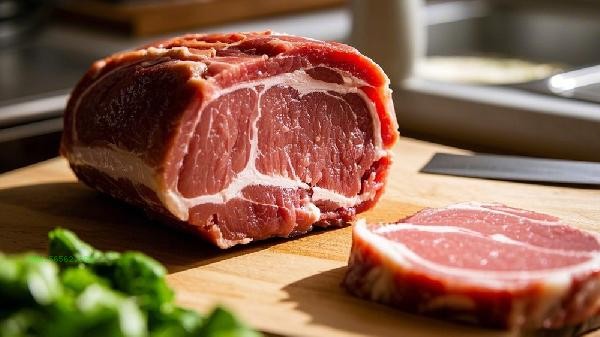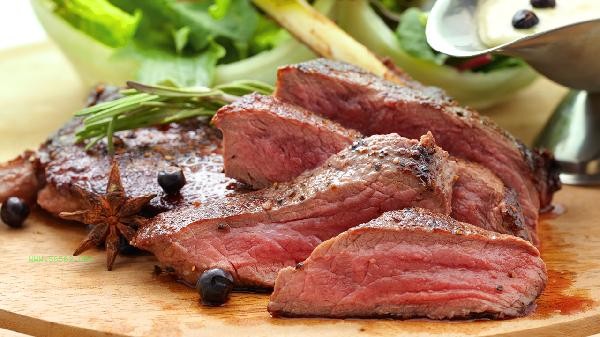Teenagers can skip meat, but they need to supplement protein, iron, zinc and other nutrients through other foods. Long term vegetarianism may face the risk of malnutrition and requires scientific planning of dietary structure. Adolescents are in a critical period of growth and development, with a high demand for nutrients such as protein, iron, and zinc. Meat is an efficient source of these nutrients, but bean products such as tofu and soybean milk can provide high-quality protein; Nuts and whole grains can supplement zinc; Combining dark green vegetables with vitamin C foods can promote the absorption of plant-based iron. Consuming seaweed or fermented foods every week can help obtain vitamin B12. Reasonable combination of whole grains such as quinoa and chickpeas can improve protein utilization efficiency.

There are some special circumstances that require caution. Adolescents with abnormal digestive and absorption functions may have difficulty obtaining sufficient nutrition from plant-based diets and require medical monitoring. High intensity exercise or anemia patients have a higher demand for heme iron, and a simple vegetarian diet may increase the risk of iron deficiency. Patients with certain metabolic diseases need to strictly control the proportion of plant protein intake. When adolescent girls experience excessive menstrual flow, relying solely on plant-based iron supplementation may not be sufficient.

It is recommended that adolescents maintain moderate meat intake unless necessary. If choosing a vegetarian diet, regular testing of hemoglobin, serum ferritin and other indicators should be conducted, and nutritional supplements should be used under the guidance of a doctor if necessary. Parents can learn about food nutrition combinations, such as using lemon juice to cold mix spinach to promote iron absorption, and using sesame paste with soy products to increase calcium intake. Soaking and sprouting methods are used during cooking to reduce the interference of phytic acid on mineral absorption, ensuring that teenagers receive comprehensive and balanced nutritional support.









Comments (0)
Leave a Comment
No comments yet
Be the first to share your thoughts!